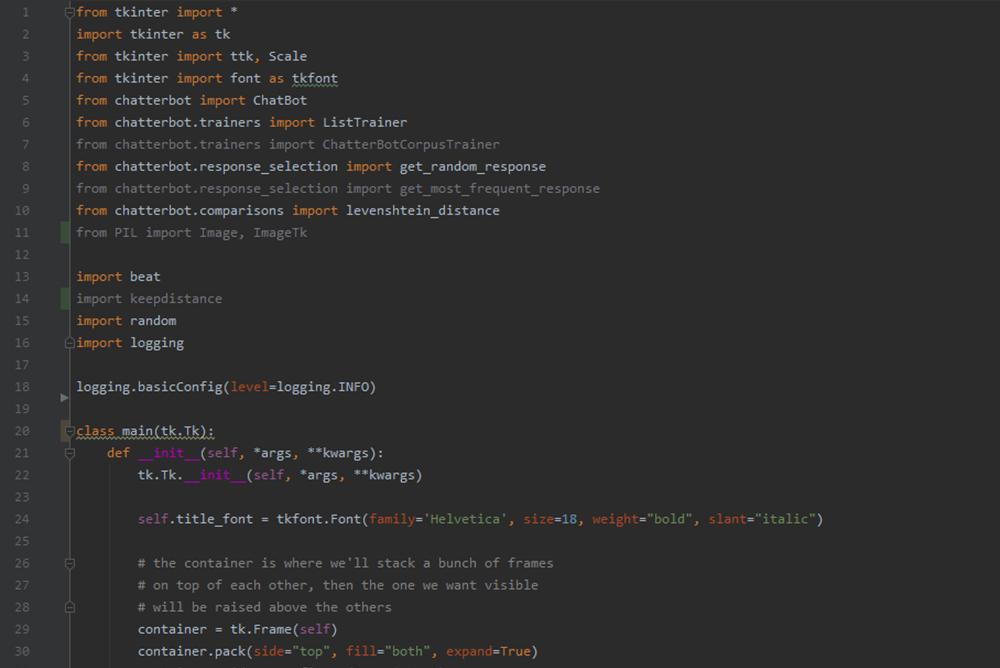In many cases it is important that an autonomous system acts and reacts adequately from a moral point of view. There are some artifacts of machine ethics, e.g., GOODBOT or LADYBIRD by Oliver Bendel or Nao as a care robot by Susan Leigh and Michael Anderson. But there is no standardization in the field of moral machines yet. The MOML project, initiated by Oliver Bendel, is trying to work in this direction. In the management summary of his bachelor thesis Simon Giller writes: “We present a literature review in the areas of machine ethics and markup languages which shaped the proposed morality markup language (MOML). To overcome the most substantial problem of varying moral concepts, MOML uses the idea of the morality menu. The menu lets humans define moral rules and transfer them to an autonomous system to create a proxy morality. Analysing MOML excerpts allowed us to develop an XML schema which we then tested in a test scenario. The outcome is an XML based morality markup language for autonomous agents. Future projects can use this language or extend it. Using the schema, anyone can write MOML documents and validate them. Finally, we discuss new opportunities, applications and concerns related to the use of MOML. Future work could develop a controlled vocabulary or an ontology defining terms and commands for MOML.” The bachelor thesis will be publicly available in autumn 2020. It was supervised by Dr. Elzbieta Pustulka. There will also be a paper with the results next year.
The Birth of the Morality Menu
The idea of a morality menu (MOME) was born in 2018 in the context of machine ethics. It should make it possible to transfer the morality of a person to a machine. On a display you can see different rules of behaviour and you can activate or deactivate them with sliders. Oliver Bendel developed two design studies, one for an animal-friendly vacuum cleaning robot (LADYBIRD), the other for a voicebot like Google Duplex. At the end of 2018, he announced a project at the School of Business FHNW. Three students – Ozan Firat, Levin Padayatty and Yusuf Or – implemented a morality menu for a chatbot called MOBO from June 2019 to January 2020. The user enters personal information and then activates or deactivates nine different rules of conduct. MOBO compliments or does not compliment, responds with or without prejudice, threatens or does not threaten the interlocutor. It responds to each user individually, says his or her name – and addresses him or her formally or informally, depending on the setting. A video of the MOBO-MOME is available here.

